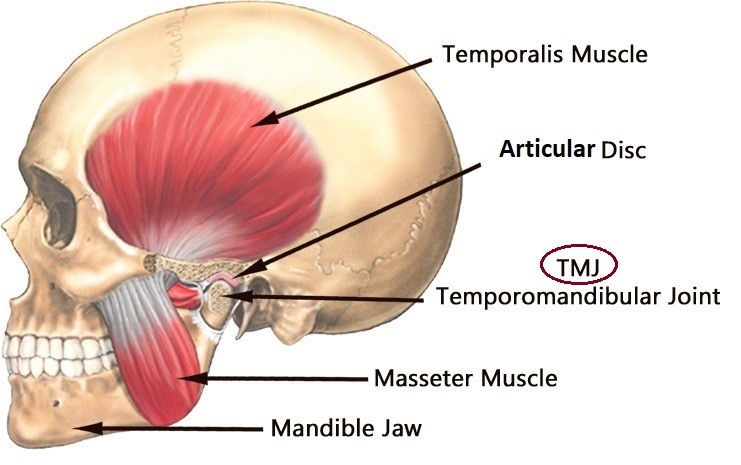TMJ/Jaw Pain Treatment for Beverly Hills
Get TMJ treatment at the Orthospaceship. Dr. Hakim goes beyond just straightening teeth. Our TMJ specialist near Beverly Hills gives patients a proper bite that aligns the TM joint. Our goal is to give every patient TMJ pain relief from temporomandibular joint disorders AND a stunning smile.
Your Los Angeles TMJ Specialists
Our Orthodontists serving Beverly Hills provide TMJ pain relief through our unique and comprehensive approach
What makes our approach to temporomandibular joint disorder not only unique, but more importantly successful and stable, is that we address the problem at the source. By accurately diagnosing and treating the cause of TMJ disorder, rather than just the symptoms, we have been able to achieve permanent solutions for facial chronic pain for thousands of people.
Start living pain free and schedule your consultation with the best TMJ specialist in Los Angeles today.
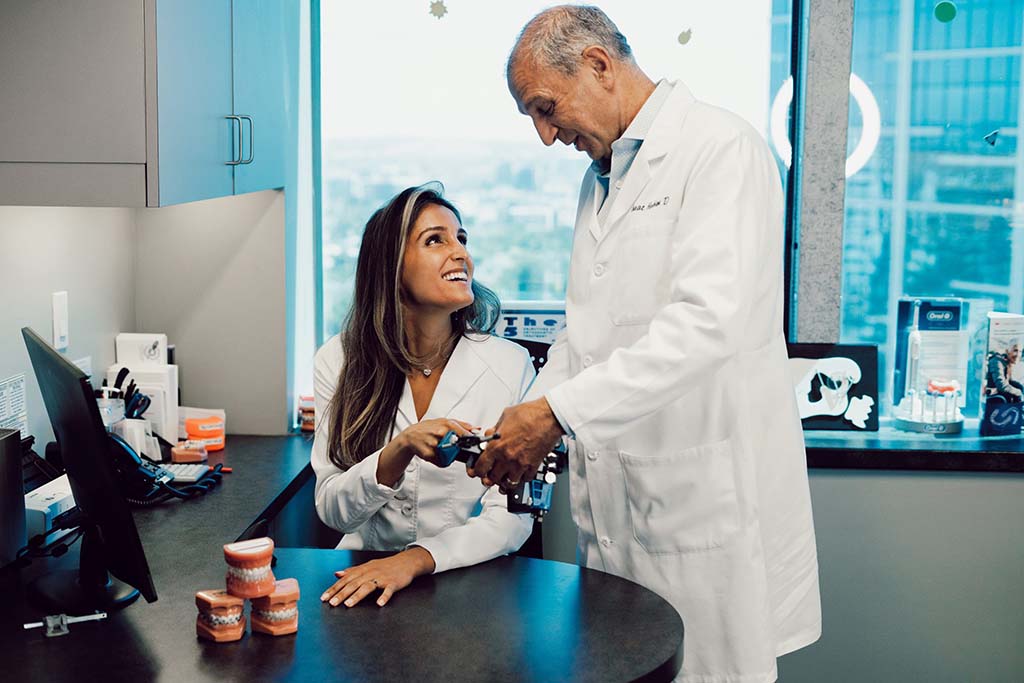
Board Certified Orthodontists Dr. Chantal Hakim and Dr. F. Isaac Hakim offer the highest quality TMJ treatment for Beverly Hills.
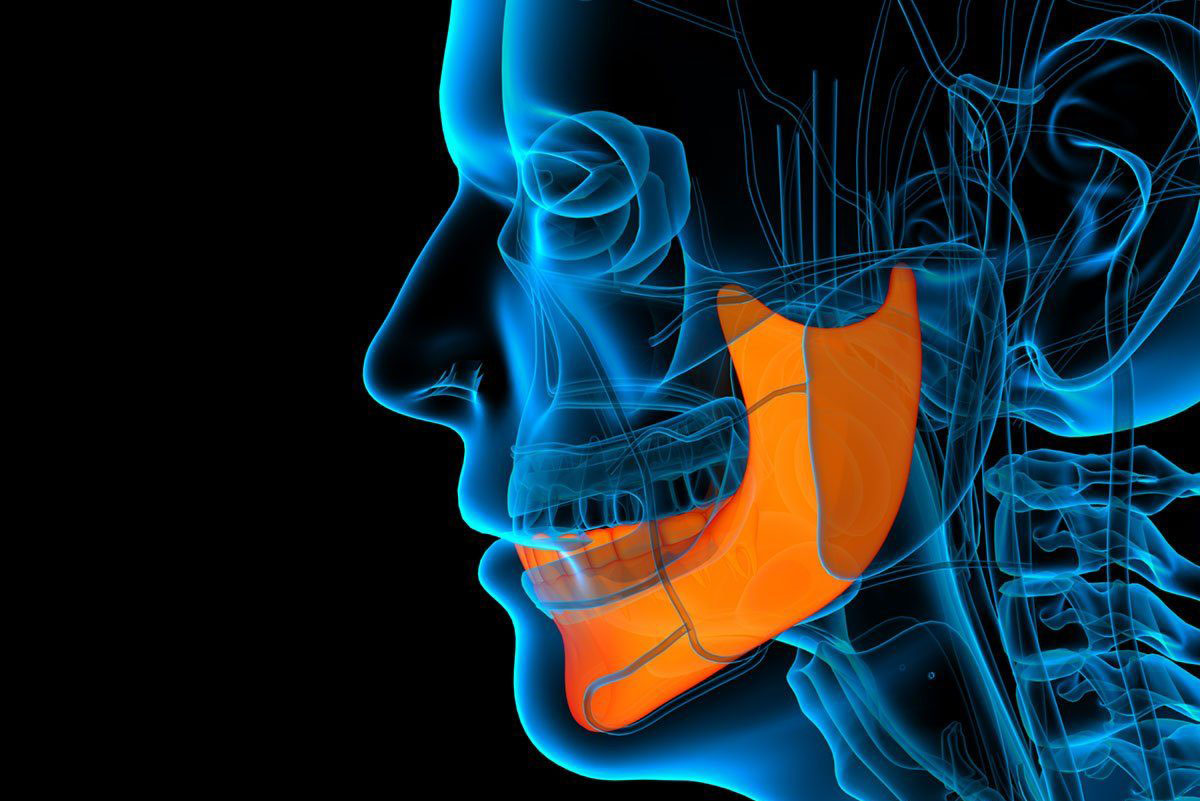
TMJ/JAW PAIN TREATMENT
What is TMJ Disorder?
TMD (Temporomandibular disorder): Dysfunction of your jaw and the muscles in your face that control it.
TMJ disorder is a common condition that can cause pain, discomfort and tension in the jaw joint and surrounding structures. TMJ Disorders may also be referred to as Temporomandibular Disorder (TMD) , TMJ syndrome or temporomandibular joint syndrome.
TMJ disorders can manifest in various ways, causing mild to extreme pain and interfering with daily activities. Symptoms can range from common such as headaches, jaw or joint pain and difficulty opening to surprising and unusual such as ear ringing, arm tingling and sinus pain.
While there could be many contributing factors to one developing TMJ disorder, it can be attributed to two main factors (1) Stress (2) The bite (teeth relationship) being off in relation to the Jaw Joint being in the right place.
Determining the correct position of the bite and Jaw joint is not always clear-cut. The diagnostic criteria for detecting the condition are not standardized. Therefore, it is important to see a TMJ specialist who has treated thousands of patients with this condition, like Dr. Hakim at The Orthospaceship, in order to accurately diagnose the issue, understand the root of the problem and provide a permanent non-invasive, non surgical solution.
Temporomandibular joint (TMJ) disorder is a common condition that causes pain and problems with headaches, muscle tension, clicking noises in your jaw, ear pain or ear ringing. TMJ disorder is not a disease but rather a group of symptoms that are caused by an abnormality in the way the temporomandibular joints function.
TMJ Disorders may also be referred to as Temporomandibular Disorder (TMD) , TMJ syndrome or temporomandibular joint syndrome.
It can cause mild to extreme pain. Typical symptoms are jaw pain or joint pain, neck pain, and facial pain.
What Causes Temporomandibular Joint Disorder?
Many factors could contribute to the development of TMJ Disorder but the two main causes are usually due to a bad bite and stress.
When the bite and the position of the jaw joints do not match properly, the stresses and forces of biting and chewing are unevenly distributed causing stress and strain to the jaw joint and surrounding muscles. An unbalanced bite can cause grinding between the upper and lower teeth. Overtime, these issues can cause chronic inflammation and damage to the surrounding bones and muscles as well as the gums and teeth which then can manifest itself as many of the common TMJ disorder symptoms such as headaches, muscle aches, tooth aches, jaw pain and muscle tension.
Stress can also play a major role in the development of TMJ disorder. Oftentimes stress is accompanied by teeth grinding and clenching which can exacerbate pain and inflammation in the TMJ structures.
TMJ disorders may run in families or can be caused by an injury to the jaw. TMJ pain can also be caused by stress, teeth grinding, clenching of the teeth, or an unbalanced bite that causes a grinding motion between the upper and lower teeth.
Chronic muscle spasms, misalignment of the jaw, and misalignment of the teeth can cause TMJ disorders.
Aging can cause the jaw joint to shrink, causing pain and sometimes making it difficult to open the mouth. Depression, anxiety, and stress can contribute to joint changes and muscle spasms in the jaw muscles, which may worsen pain.
Other causes of temporomandibular joint disorders include wear and tear of the TMJ joint, an overbite, an underbite, grinding your teeth, limited jaw movement, and clenching your jaw.
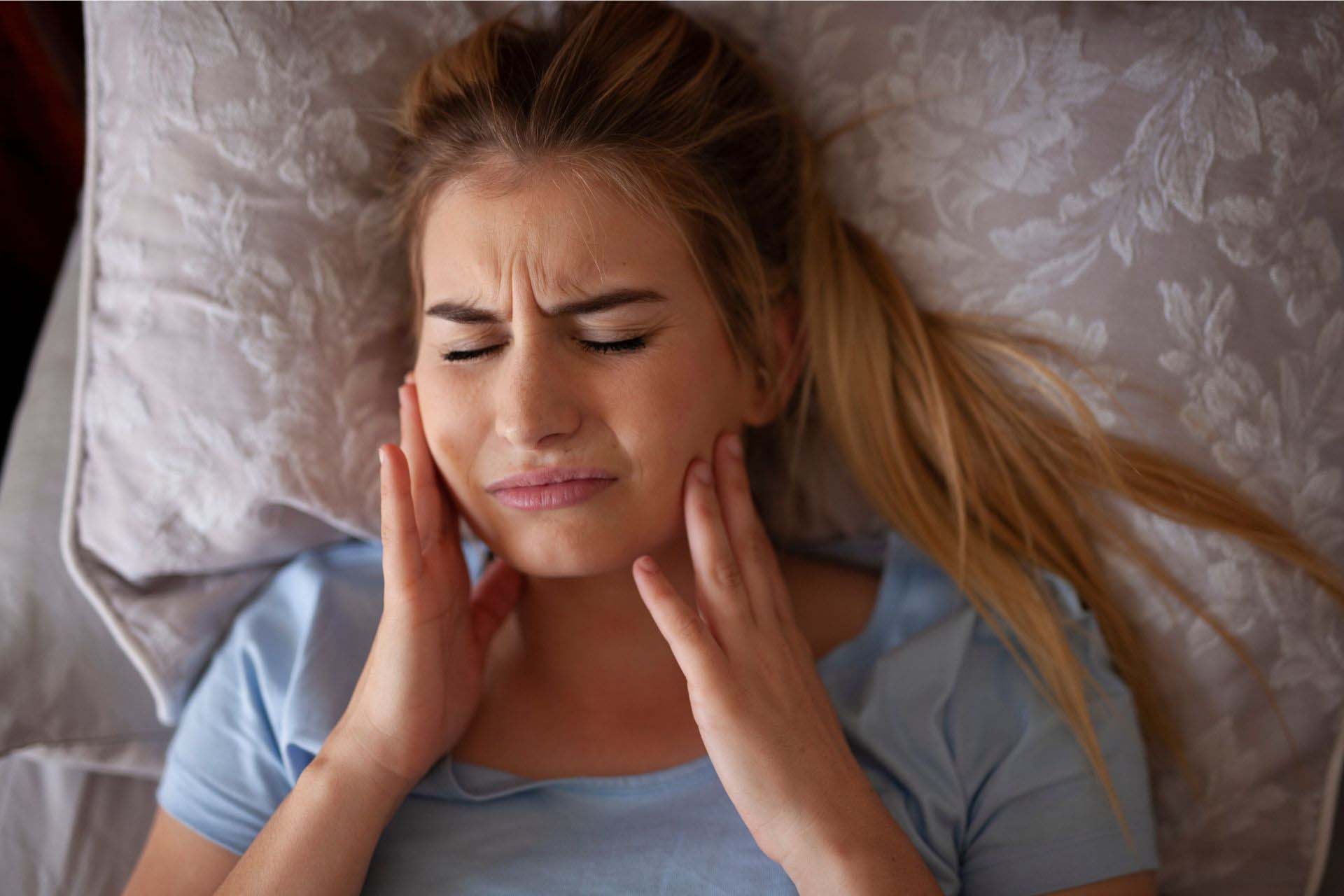
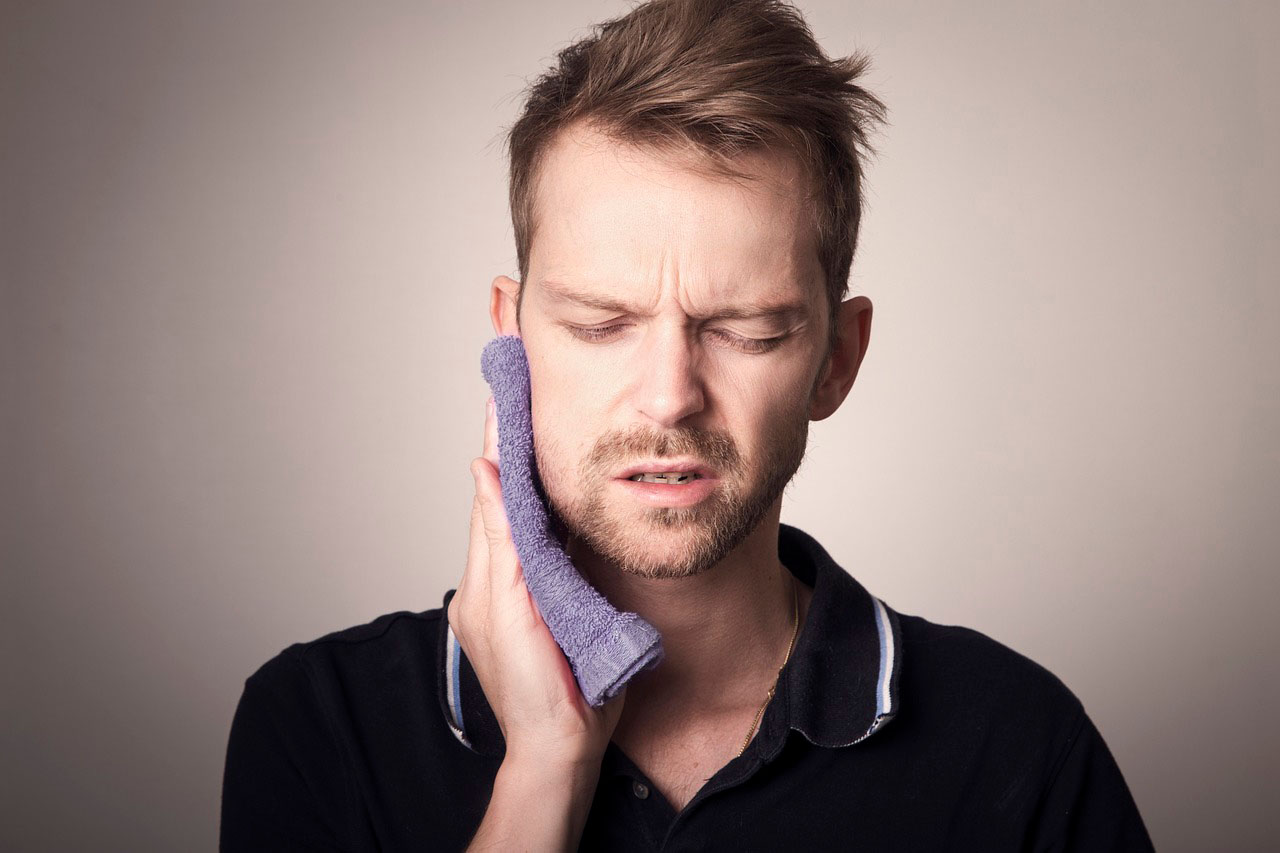
Symptoms of TMJ Disorders
Jaw Pain
Chronic jaw pain is the most common symptom of TMJ Disorder, and it can range from mild to severe enough to interfere with your ability to sleep, eat, and work.
Clicking and/or Popping Noises When Opening and Closing Your Jaw
People who have TMJ Disorder may feel an audible click when they open or close their mouths. They may hear this in their ears. This clicking may or may not be painful.
Headaches
TMJ headaches can often feel like a tension or sinus headache. TMD pain can radiate from your jaw to your temples and up behind your eyes. Very often the pain will be felt on the sides of the head around the temples. People often feel this symptoms upon waking or later into the afternoon.
Neck Pain
As the jaw joint muscles tighten, they can also pull down on the muscles in your neck, resulting in muscle pain and/or stiffness in your neck
Earaches
Our TMJ is located directly in front of our ears. When jaw misalignment causes stiffness and swelling in your temporomandibular joints, it can manifest itself as earaches or ear ringing.
Stiffness
The muscles in your jaw and neck are usually flexible, but TMJ can cause them to become stiff and sore, making it difficult to open your jaw fully and to turn your head from side to side.
Limited Mouth Opening
Many people with TMJ have a reduced ability to open their mouths, which can interfere with eating, brushing your teeth, and taking care of your teeth and gums.
Difficulty Chewing
TMD can cause pain in your jaw muscles and joints, making chewing difficult.
Difficulty Swallowing
TMJ pain can spread down through your neck and into your shoulders and chest, causing shortness of breath and making swallowing difficult.
Arm Numbness/ Tingling
Stress and tension in the jaw joints and surrounding muscles could affect the nerves running from your neck to your fingers.
Frequently Asked Questions
What is TMJ?
“TMJ” stands for Temporomandibular Joint, which is a fancy way of referring to two joints, on each side of your head. They connect your jaw to the bones in your skull right in front of your ears. They are the most complex joints in your body as they rely on both joints working on each side to function together and properly.
The jaw joints are the busiest ones in your body. They work all day opening and closing your mouth as you eat, speak, sing, yawn, etc. If you grind your teeth, they also work nights. The first step in fast and effective treatment and pain relief at The Orthospaceship is to evaluate the position and health of your jaw joints.
Your jaw joints are delicate and complex. They are the only joints in your body that rotate and slide, while held together by your lower jaw.
A less common term used to describe TMJ and jaw pains is TMD (Temporomandibular Disease). Generally, TMD or TMJ is used to describe any problems or issues related to the TMJ and its surrounding structures.

Why does my jaw joint hurt?
Sometimes an uneven bite, injuries, missing or worn teeth, crowding and other conditions upset the way the jaw and the chewing muscles work together. This may cause headaches, face, jaw, neck and shoulder pain and other problems with your joints. Stress can also play a role in TMJ disorder and jaw joint pain.
At The Orthospaceship, Dr. Hakim will comprehensively evaluate you for abnormalities and discrepancies in your bite, teeth, jaw joints, airway and surrounding structures in order to give you a comprehensive, non-invasive treatment plan.
What are other signs of TMJ disorders?
Other common TMJ symptoms are:
- Feeling that your bite is “off”
- Teeth grinding or clenching leading to tooth pain
- Worn down or cracked teeth
- Receding gums
- Scalloping or Indents on the Side of the Tongue
- Swelling
- Twitching, tired muscles
- Trouble chewing
- Clicking, popping or grating sounds when moving your lower jaw
- Sore teeth
- Ear pain, hearing problems and ringing in the ears


Connection Between TMJ and other Health Issues
TMJ problems are often more frequent in females than males. These problems can also be found in many people with lower jaw retrusion more commonly referred to as an overbite. The retruded jaw can cause sleep issues as the airways are obstructed. Our doctors will check for airway and sleep apnea conditions during your visit to properly diagnose underlying issues.
What is the best treatment for TMJ Disorder?
The first step in determining the correct treatment modality for you is a complete diagnosis to determine the cause of the problem. Dr. Hakim’s vast experience with TMJ patients and his comprehensive examination process enables patients to receive an accurate diagnosis.
At the OrthoSpaceship, we believe the best treatment is the most conservative and effective one. We offer non-invasive, permanent solutions that address the root of the problem.
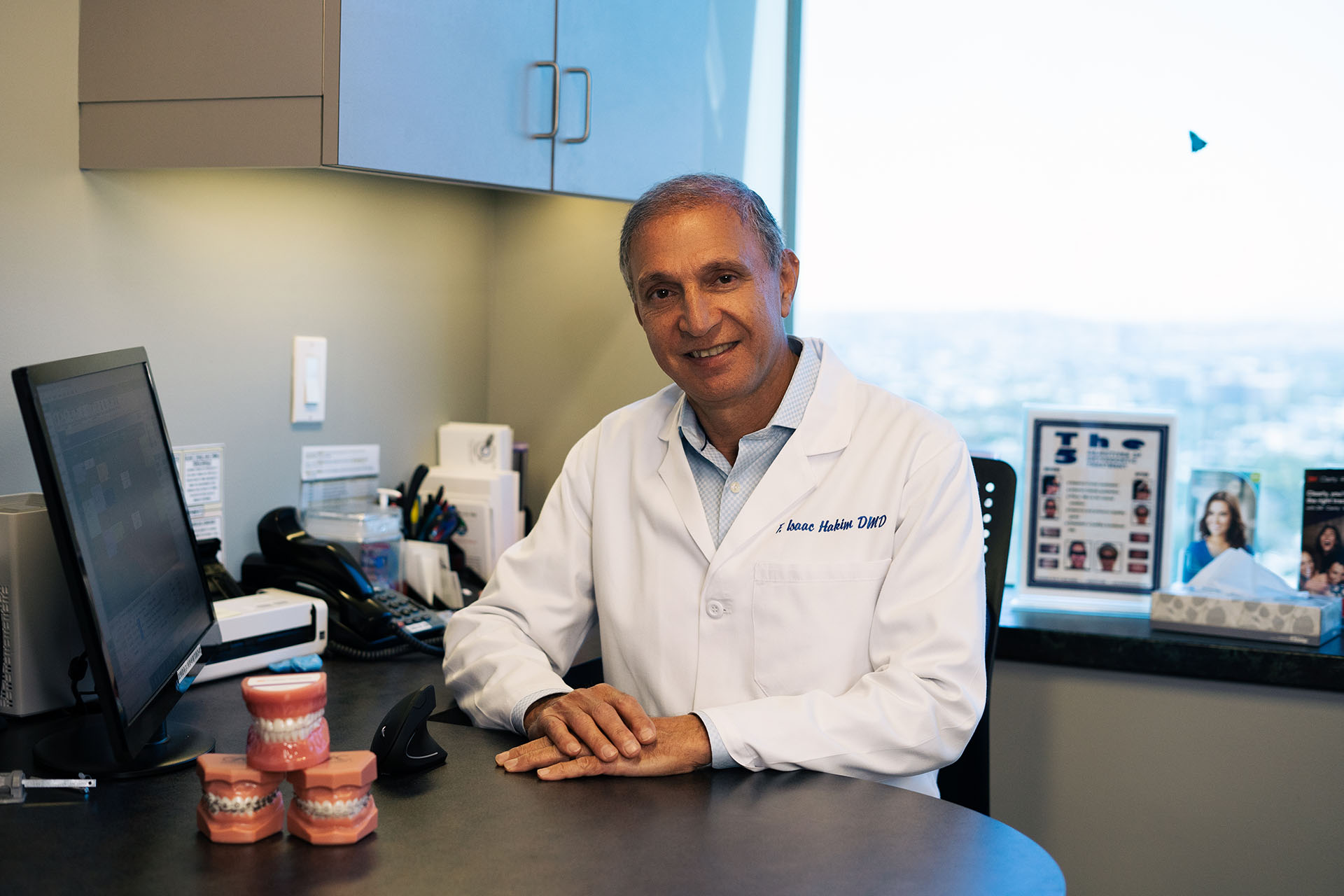
Dr. F. Isaac Hakim, your TMJ treatment specialist for Beverly Hills, CA.
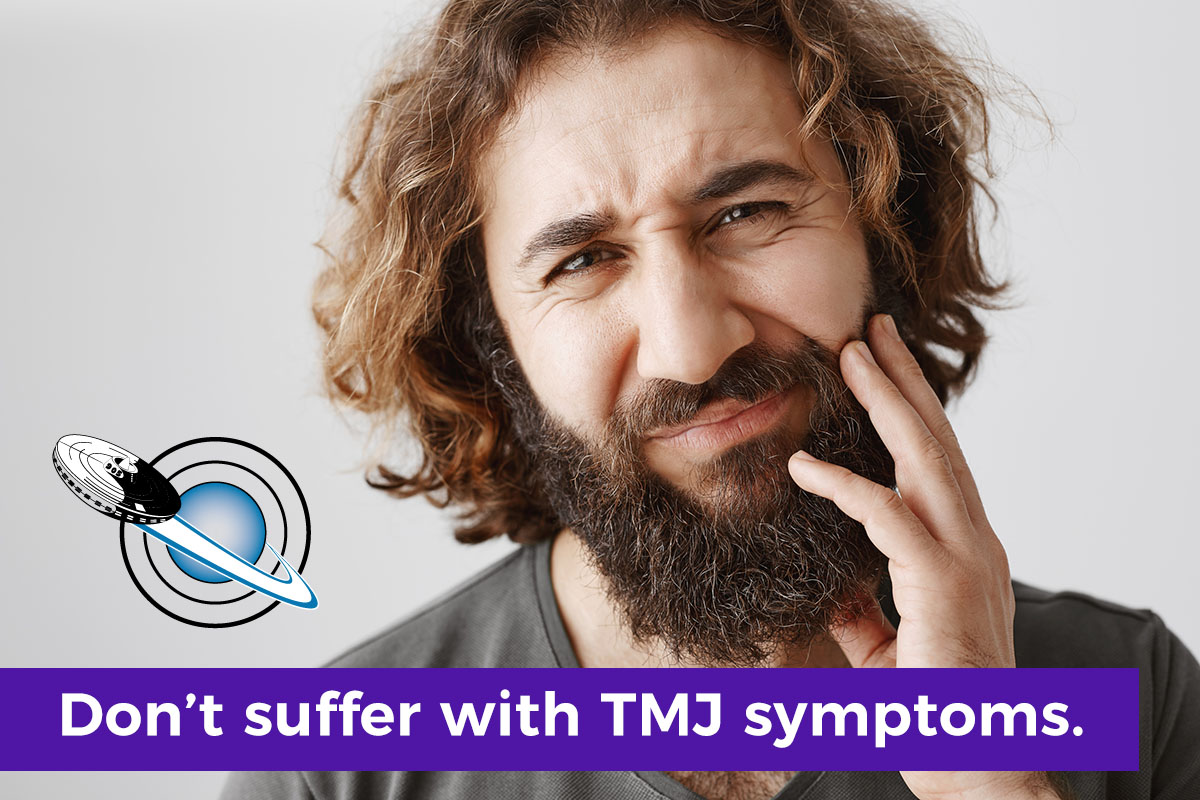

Can TMJ be permanently fixed?
Thousands of patients have achieved permanent relief from TMJ disorder symptoms by addressing the root cause of the issues.
There are many “pros” to getting treatment. After getting temporomandibular joint treatment, your new bite position enables you to experience improved chewing and biting, overall oral appearance, and a better jaw structure. Other benefits include reduced painful headaches and toothaches, and ease of movement while talking, yawning and chewing.
The only “con” to TMJ treatment is that while thousands of TMJ patients have permanent relief, it can not be guaranteed. Each case is unique, but your TMJ specialists at the Orthospaceship in Southern California have an incredible amount of experience and always strive for ideal TMJ treatment for every patient.
Do I need surgery to fix my TMJ?
In most cases, the doctors can address TMJ disorder conservatively with a removable appliance or orthodontics.
Jaw surgery is reserved for a very small percentage of patients with TMJ disorder. Jaw surgery may be required only when very severe arthritic changes have occurred in the jaw joint that result in its inability to bear weight or function properly. In cases of severe joint destruction, some patients may experience retrusion of their chin that was not present before.
Conveniently Located TMJ Treatment for Beverly Hills
The Orthospaceship proudly serves the following Beverly Hills, CA zip codes:
90209 / 90210 / 90211 / 90212
DRIVING DIRECTIONS TO THE ORTHOSPACESHIP
Head northwest on N Rexford Dr toward N Santa Monica Blvd
Turn right onto N Santa Monica Blvd
Keep left to stay on N Santa Monica Blvd
Turn left onto Alta Dr
Turn right onto Sunset Blvd
Turn left onto Doheny Rd
Destination will be on the right

